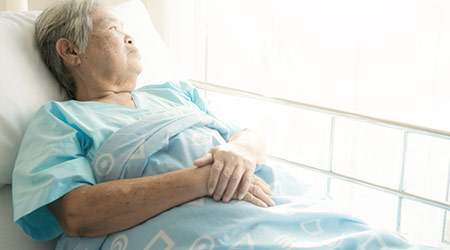Daylighting’s positive effects on building performance and human health are well known. Rensselaer Polytechnic Institute's Lighting Research Center (LRC) studies have reported on how daylit environments synchronizing human circadian rhythms with the solar day, according to an article from Building Operating Management on the FacilitiesNet website.
In addition, daylighting can reduce electric lighting needs substantially.
On the other hand, the sun can sometimes be too bright and too warm, subjecting building occupants to glare and thermal stress. And sometimes the sun hides behind gray skies for days.
Today’s daylight LED (light-emitting diode) lamp marketers claim to offer the sun's benefits, using very few watts. In fact, visible-spectrum LEDs have come a long way since their invention in 1962. Using advanced controls, white-tunable LEDs can simulate sunrise, sunset, and the sun’s numerous variations throughout the day. Programming LEDs can even tailor applications to recreate artificial daylight that simulates an individual user’s geographic location.

 Healthcare and Resilience: A Pledge for Change
Healthcare and Resilience: A Pledge for Change Texas Health Resources Announces New Hospital for North McKinney
Texas Health Resources Announces New Hospital for North McKinney Cedar Point Health Falls Victim to Data Breach
Cedar Point Health Falls Victim to Data Breach Fire Protection in Healthcare: Why Active and Passive Systems Must Work as One
Fire Protection in Healthcare: Why Active and Passive Systems Must Work as One Cleveland Clinic Hits Key Milestones for Palm Beach County Expansion
Cleveland Clinic Hits Key Milestones for Palm Beach County Expansion